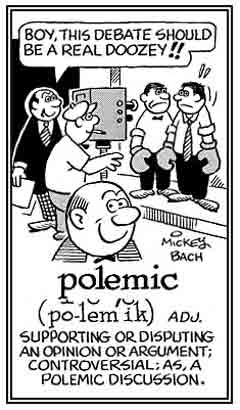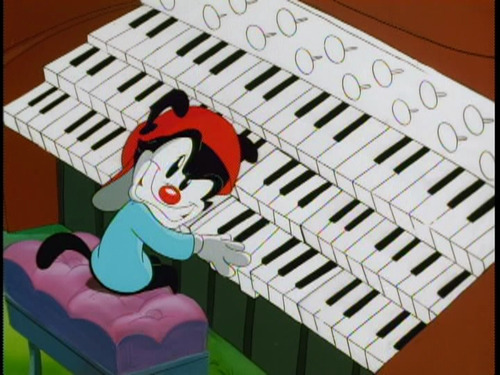
Finished reading the bulk of John Borstlap’s The Classical Revolution: Thoughts on New Music in the 21st Century. I am now on the 9th chapter which is an annotated list of composers who fall within the Borstlap’s rubric of new classical music. Right now I am listening to Nicholas Bacri’s Flute Concerto which Borstlap mentions. Ultimately Borstlap’s prose did not convince me that he is seeing things coherently. I think he is stuck in an academic European orientation which has not been kind to him and sees the entire situation largely through that. However, many of his comments and criticisms seem quite correct or at least insightful about how to understand music now.

But he continues to draw some harsh “either/or lines” between his idea of what true music is and much of what is happening around him.

He often chooses the worst to illustrate his point making it hard to refute. His first cited example follows. One can hear his frustration.
“In 2005, a Dutch composer made his five- and ten-year old sons fiddle randomly at a keyboard, the result of which was—via a computer program—translated into a performable score for a collection of instruments, also randomly ‘chosen’ by the kids. The composer offered the short piece to the [Dutch Ministry of Education, Culture and Science music] fund, who not only paid € 3,000 for it but complimented the composer with the quality of the piece’s craftmanship, adding that the idiom transcended his ‘regular work.'” p. xi
Borstlap says that the composers he is recommending do not necessarily share his own ideas about the “new classical music.” Also there are no footnotes in this work. Published by Scarecrow press it is self described in a blurb on the back cover as “a simply written polemic for lovers of pre-modern and new traditional classical music.” Polemic it certainly is.

But I am always happy to find recommendations about composers whose work I don’t know.
Yesterday I was able to spend some time on the Skinner organ at Hope College’s Dimnent Chapel. I am preparing for a very small part in a performance tomorrow night. I didn’t turn immediately to Frank Tischi’s organ score, but rather began with some music I have performed recently at church. I listened to the sounds of the organ, I recalled Eileen’s reaction to my postlude on Ash Wednesday, When I mentioned to her it was the same little Bach piece (O Mensch bewein dein Sünde gross bwv 622) we heard Olivier Latry perform on the Notre Dame Paul Fritts organ recently. She wrinkled her nose and said that it obviously wouldn’t sound as good (she had not sat and listened to my postlude as she usually does but had gone up to put her choral music in order of the upcoming choir rehearsal).
Sigh.
I guess it’s inevitable as I contemplate having more access in the future to a decent pipe organ of some sort, that I would see my present attempts at making my organ sound good as pretty discouraging. But nevertheless I will persist.

As I finished up my rehearsal a high school choral director I have worked with wandered in for some sort of rehearsal. She introduced me to her accompanist (Sherry Muller?). I told them both that I didn’t usually get asked to do anything with Hope’s Music department but because of Rhonda’s recommendation I had been asked to perform with the Hope honors band on Saturday. I didn’t get a chance to talk to Muller who is a staff accompanist, but did welcome her to Holy old Holland Michigan.

In the afternoon I had my first piano trio rehearsal in a while. My cellist has had wrist surgery and we haven’t rehearsed during her recuperation. It is a pleasure to sit and play with these two fine musicians. Yesterday we did two movements from Beethoven’s Eb piano trio (his Opus 1). Beautiful music. I thought of how important this musical experience is to me and the people I am playing with when I read this section in Borstlap this morning:
Real and meaningful art ” should be the island of civilization where people will drink at the well of real humanity so that they can be able to face the challenges of modern life and protect the values of the human spirit. High art is an exercise of what is best in the human being.”
I can’t disagree with that.